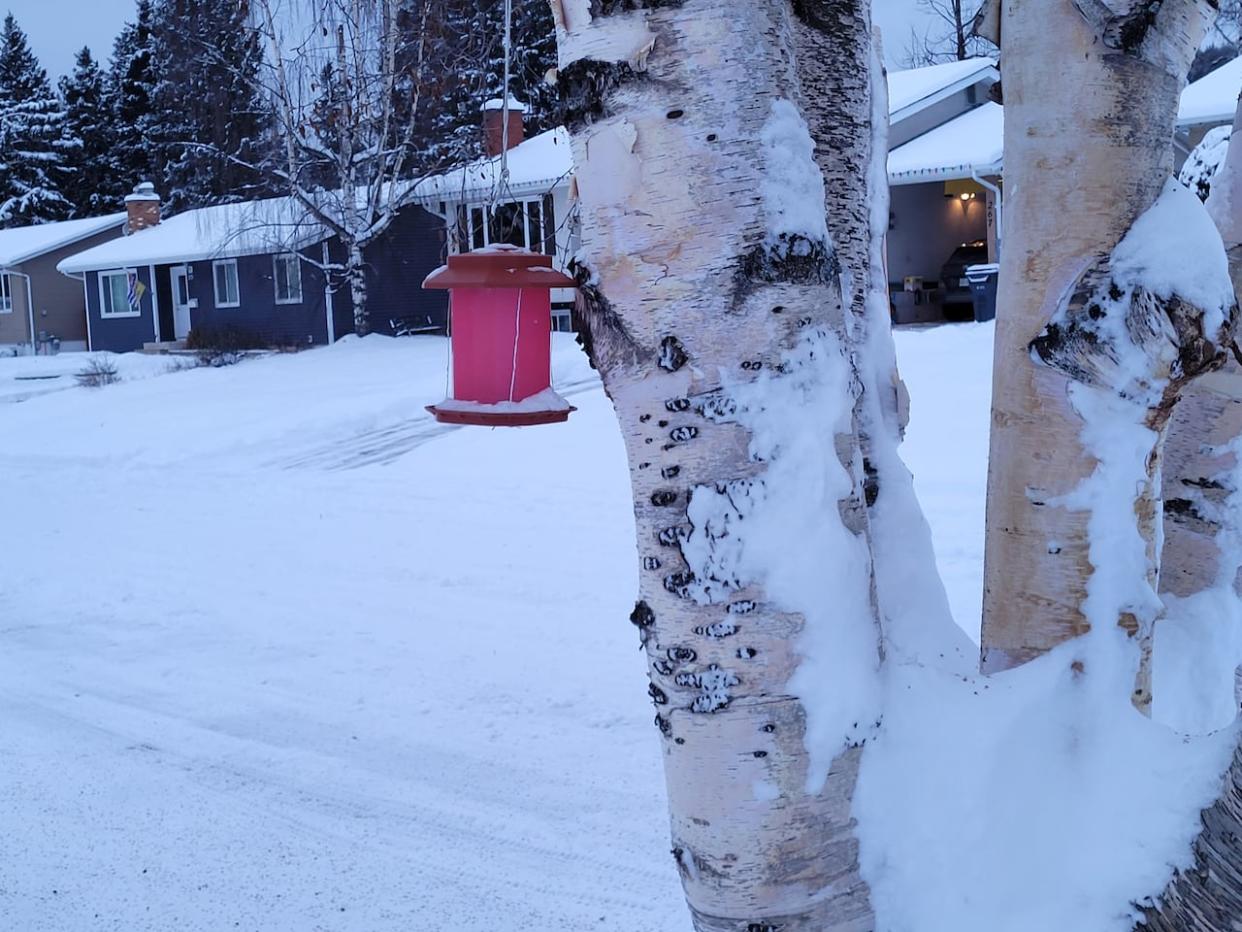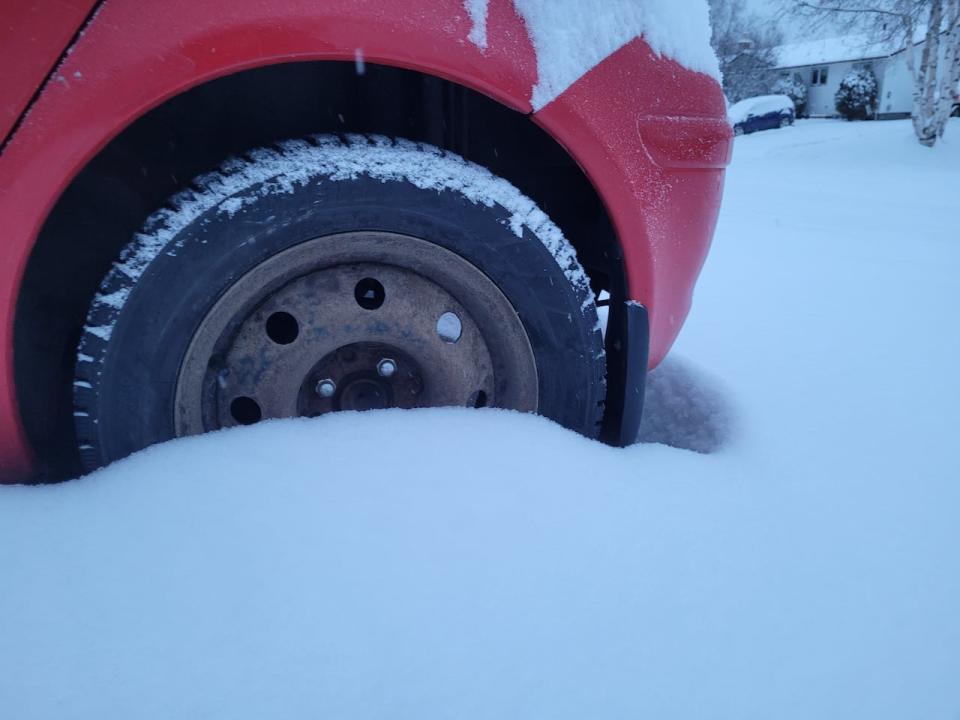Bitter cold to grip central and northern B.C.; wind chill could make temperatures feel as low as –50 C

Severe winter weather continues to affect British Columbia, with the federal weather forecaster issuing extreme cold warnings in more than a dozen areas in the province's central and northern regions.
Environment Canada says temperatures will dip between –30 C and – 40 C in communities such as Fort Nelson, Prince George and Williams Lake starting Wednesday night.
Combined with northerly winds of up to 20 km/h, temperatures will feel as low as –45 C in many central areas of the province, and as cold as –50 C further north, the forecaster said.
"So, very, very cold wind chill and this is due to cold Arctic air," said Louis Kohanyi, a meteorologist with Environment Canada.
Coastal and inland sections of the North and Central Coast, including cities like Prince Rupert and Terrace, will experience wind chill that makes it feel like –30 C starting Wednesday.
"Extreme cold puts everyone at risk," Environment Canada said on its website.
B.C. Housing has a list on its website of extreme weather shelters that are open in cities like Prince George for people to stay warm.
The effects of the Arctic air moving across Yukon and northern B.C. is expected to last until Saturday morning, when temperatures will moderate.
Environment Canada is asking people in the affected areas to be prepared and watch for cold-related symptoms such shortness of breath, chest pain, muscle pain and weakness, numbness and colour change in fingers and toes.
"Frostbite can develop within minutes on exposed skin, especially with wind chill," it said.

Residents of Prince George, B.C., woke up to several centimetres of snow on Tuesday. (Andrew Kurjata/CBC)
The warnings of cold weather in central and northern areas of the province follow stormy weather in the south on Tuesday that brought wind gusts of up to 100 km/h, surging waves and large amounts of snow inland.
Much of the warnings issued for that storm were rescinded by Wednesday, but snowfall warnings remain in place for areas near Manning Park and Highway 3 from Paulson Summit to Kootenay Pass.
Amid the snowy conditions, a bus carrying a Western Hockey League junior team slid off a highway in British Columbia's Interior, but the Seattle Thunderbids say no one was injured while on their way to Kelowna for a game.
Environment Canada also warned of a winter storm for the Coquihalla Highway that could bring up to 15 centimetres of snow on top of the amounts that have already fallen this week.
"Consider postponing non-essential travel until conditions improve," said the warning. "If visibility is reduced while driving, slow down, watch for tail lights ahead and be prepared to stop."
South Coast chill coming
Kohanyi said the Arctic air will also push south later this week and, together with outflow winds, will make some Lower Mainland areas feel unusually cold.
"The Arctic air will arrive on Thursday night and Friday," he said Wednesday morning.
"We don't have any Arctic outflow warning in effect yet for the South Coast, but on Thursday night and Friday, that's when we could expect those cold wind chill values approaching –20 C."
On Wednesday, the City of Vancouver sent out a public bulletin saying it would be preparing for the impending cold weather by brining and salting roadways and major pedestrian and bike routes, along with opening winter shelters.
"With freezing temperatures and the possibility of snow headed to Vancouver, the city is ready to help keep residents safe on streets, sidewalks and bikeways," it said.
"For those sheltering outside, the city and its partners have activated options for people to come indoors."


